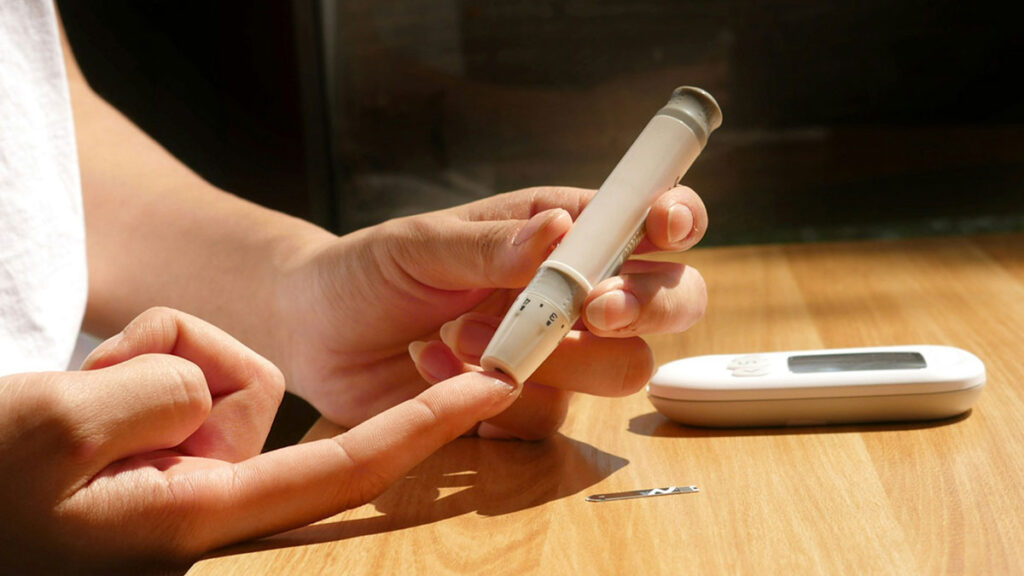The message of “10,000 steps for your health’s sake” is one of the most successful health messages of all time. Armed with pedometers, people have faithfully beaten the pavement to reach that magic number.
It might surprise you that the number 10,000 was chosen in the 1960s, in Japan, simply because it was a round number. The good news is that there is no doubt taking 10,000 steps is better for your health than nothing. However, the bad news is that researchers have found 15,000 steps is the optimal number—just when we thought we had got it right.
The steps we take between sunrise and sunset—the different things we walk to and walk for—reflect our priorities and values. So how do you use your steps?
Imagine for a moment what it is like for someone to step into one of our churches for the first time. What questions are running through their mind? Here are a few to start:
- Can I make friends in this church?
- Is there a place where I can fit in?
- Does the church want me?
- Will the sermon and service be boring?
- Are my kids going to be safe?
- Am I dressed right?
- Are they going to do anything weird?
- Does the church look unkempt and shabby?
Now, using our sanctified imagination, our first-time visitor has observed a number of “circles of conversational comfort” while they are awkwardly standing alone. How are those questions above being answered? How many times have we heard someone who came to church for the first time remember despondently how no-one talked to them? It is only 20 steps. [pullquote]
Recasting the story, what if a member of this “close-knit circle of conversational comfort” saw this person alone and took the courageous 20 steps across the room to talk to them? After introducing themselves, they ask their name, where they are from. When they show interest like this, the conversation usually takes care of itself. This can make all the difference to their first perceptions of the church.
When we arrive at church, we will often see our friends chatting in their groups. We will gladly walk 20 purposeful steps across the church to chat and catch up with them. But would we have the courage to leave our group and walk those 20 steps towards someone standing alone?
I recall a 15-year-old sitting alone during the church service and one of the older members left her husband to walk 20 steps to sit with her. That young person was almost in tears that someone would actually take an interest in her. She recounted the story for weeks. It is surprising how such a small walk can make such a big difference.
Remember when the prodigal son was on his journey home after squandering his father’s inheritance. The Bible says “he came to himself” (Luke 15:17). This means “he thought to himself”. In other words he was going to solve the predicament of hunger and the humiliating loss of his father’s inheritance himself.
The biggest challenge facing the prodigal son prior to meeting his father was the kezazah ceremony, which cuts off those who lose their inheritance from their families and the village. He continues in hope, but is unsure of the outcome. His father—also aware of the ceremony—sees his son from afar, and makes the courageous and culturally insensitive run past the villagers to reconcile, demonstrating to the villagers that reconciliation has occurred and taking the shame upon himself. It is at the time of the embrace between the father and son that grace is experienced.
Reconciliation took a courageous and self-deprecating walk—or in this case a run—through the village to save his son. Jesus also took the agonising and humiliating walk to the Cross to save us and humanity for eternity.
A walk across the room hardly compares, but let’s all look out for those standing alone and take those critical steps across the room to talk, share and make friends. It can make a big difference for eternity.
Dr Mark Falconer is general secretary of the Tasmanian Conference and pastor of Rosny and Margate churches.






